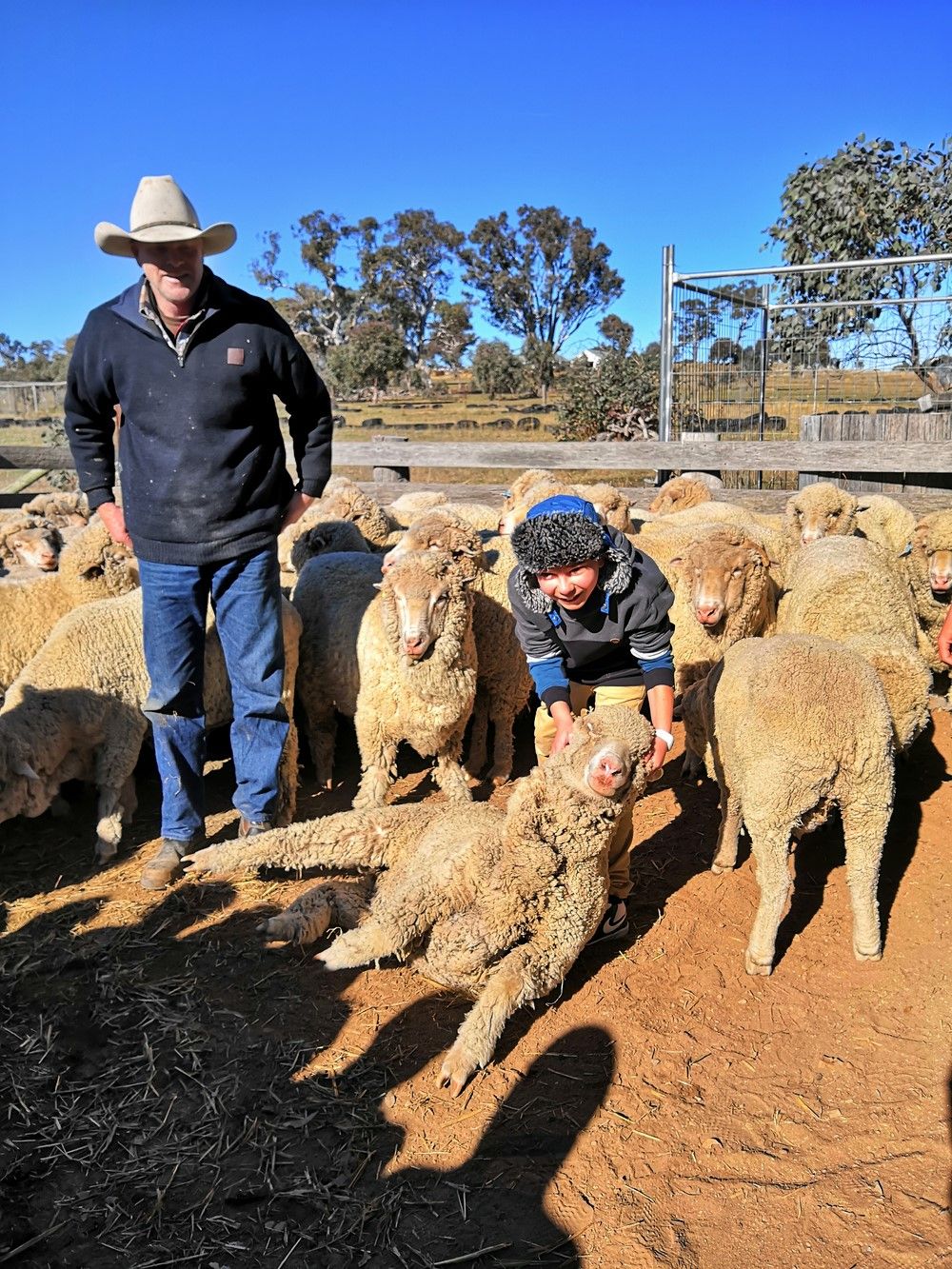Culture could be described as “who we are and what we do together”, which is about as broad a definition as one could hope for.
Culture could be described as “who we are and what we do together”, which is about as broad a definition as one could hope for.
Shaping the Culture
One of the Biblical Threads we have introduced from the curriculum resource, Transformation by Design is “Shaping Culture”. The aim of this Thread is for “students [to] understand their cultural context, discern its errors and its virtues, and seek to ‘shake and shape’ it for the Kingdom”.
A culture is more than a number of individuals. It refers to how those individuals interact with each other, and what those interactions produce. So, Australian culture could be said to be cricket, AFL, beaches, barbies, and Backyard Blitz. But it’s also Chinatown, fine wine, and cynical humour.
We all have some sense of what it means to say something is “part of our culture”.
So how does being a Christian connect with being part of a culture? It is really the question of how we relate to “the world”.
The theologian Richard Niebuhr provided a classic study concerning these questions in his book, Christ and Culture. In it, Niebuhr identified five ways that Christians have tried to reconcile their faith with the prevailing culture:
- Christ Against Culture: This view encourages opposition, total separation and hostility toward the prevailing culture.
- Christ of Culture: This perspective is exactly the opposite because it attempts to bring culture and Christianity together, regardless of their differences.
- Christ above Culture: This position attempts to “correlate the fundamental questions of the culture with the answer of Christian revelation” (Donald Bloesch, Freedom for Obedience 2002 p227).
- Christ and Culture in Paradox: Describes the “dualists”who stress that the Christian belongs to both the spiritual and temporal realm and must live in the tension of fulfilling responsibilities to both.
- Christ the Transformer of Culture is concerned with the idea of converting the culture to the service of the kingdom of God.
Countercultural Christians
The apostle Peter provides a good starting point for how we as Christians are to be countercultural: “Live such good lives among the pagans that, though they accuse you of doing wrong, they may see your deeds and glorify God on the day He visits us” (1 Peter 2:12 NIV).
We are called as Christians to transform the world’s culture. At Rehoboth, we call this “Redefining Success” – or preparing students to walk with God and enabling them to do the good works He has prepared for them (Ephesians 2:10).
The life and example of Jesus Christ was marked by concern for those not of the faith. Yes, His heat was broken over their disbelief, but He showed His concern not through insults and wall-building, but through meeting them where they were, by feeding them, speaking with with, and healing them. “Jesus was the ultimate example of a loving shaper of culture […] We shape culture by living Spirit-led, Biblically-driven, countercultural lives” (Transformation by Design p82).
The Bible, however, gives us a compelling vision for diversity in the kingdom of God. Martin Luther King wrote, “Love is the only force capable of transforming an enemy into a friend”. God’s love in Jesus is transformative, and when we, as God’s people, live out our love through sacrificial actions and and vulnerability toward both the loveable and the unloveable, then we will see the transformative power of God’s kingdom come in and through us.
Take the idea of citizenship, for example. Many schools talk about promoting good citizenship among their students, or the idea that their students will become productive members of society and give back to their communities. The Bible, however, takes this a step further, telling us that God has gifted each of us not for own sake, but for others. To summarise Paul in Romans 12, everything we do, we do for God’s glory. He has given gifts to each of us, and He expects us to use them – actually, we are to “let love be genuine”, “outdo one another in showing honour” and “bless those who persecute you”. It is a powerful reminder of the expectations God has for our lives.
Expanding God’s Kingdom
In Mark 4:30-32, Jesus says, “What shall we say the kingdom of God is like, or what parable shall we use to describe it? It is like a mustard seed, which is the smallest seed you plant in the ground. Yet when planted, it grows and becomes the largest of all garden plants, with such big branches that the birds of the air can perch in its shade”.
One way to think about this parable is to view it as speaking about the ongoing expansion of the kingdom of God.
It would seem that part of Jesus’ message is that there are going to be some people who don’t want the kingdom of God to grow. But we know that once the kingdom of God begins to grow, the empires of this world will not be able to stop it – think of examples from Scripture like Joseph in Pharoah’s court, Daniel before Nebuchadnezzer, or Paul before the Roman authorities.
This parable is meant to encourage us. It is easy for us to get discouraged sometimes, because we feel like no matter how hard we try, we always seem to be crushed and crowded out by the evil world around us. If we feel that way, can you imagine how the disciples felt? However, there are many believers all over the world today, and there are still many people coming to Christ. In some countries there are thousands of people coming to Christ every day. The kingdom is growing.








